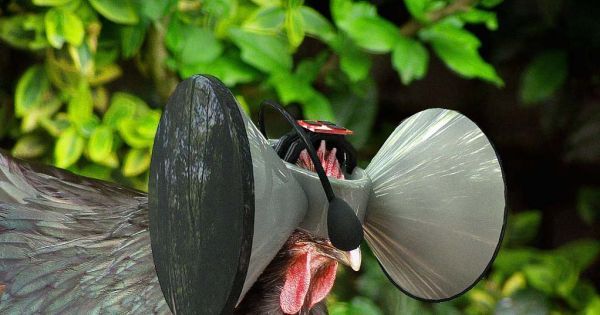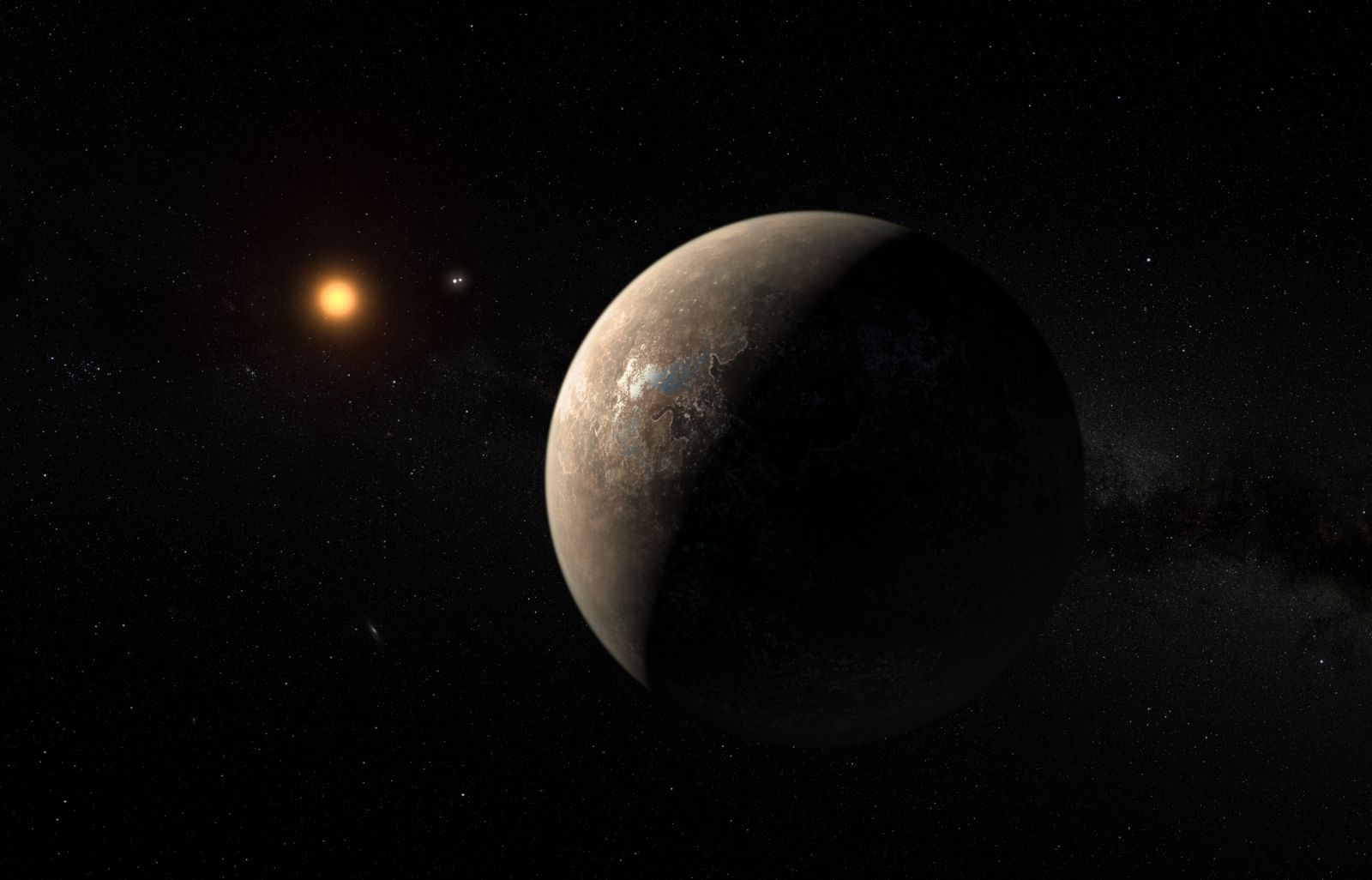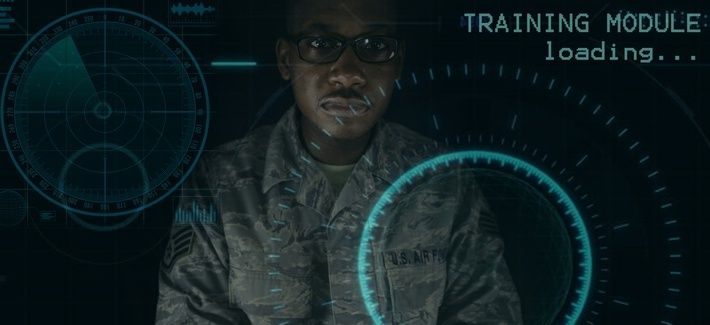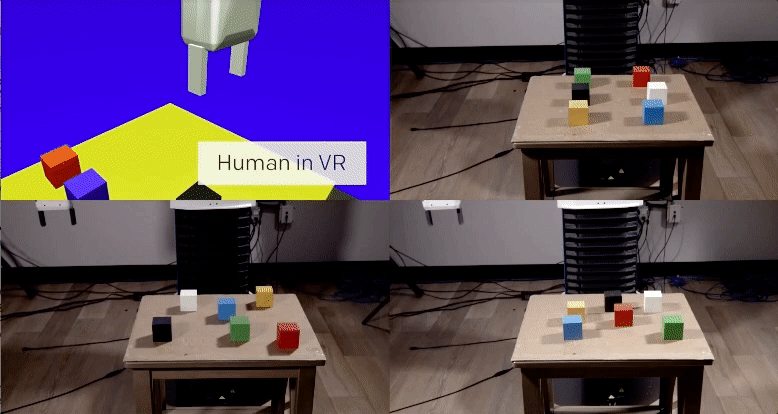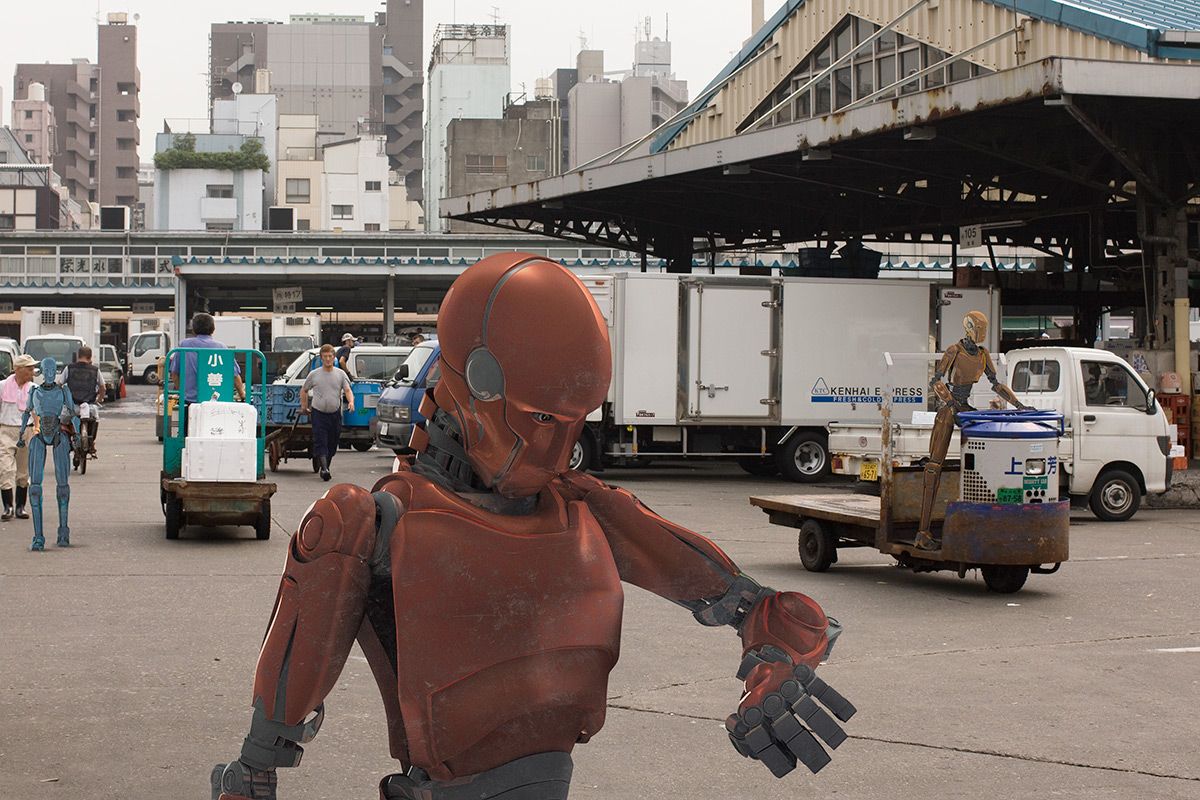Page 10648
May 16, 2017
A VR Developer Created an Expansive Virtual World for Chickens
Posted by Shane Hinshaw in categories: food, robotics/AI, sustainability, virtual reality
- Second Livestock is a unique application of virtual reality (VR) that could change animal husbandry and livestock farming.
- Developed by design professor Austin Stewart, this VR free-range farm world is a safe haven for chickens.
Free-range livestock is going to the next level, thanks to a unique, if seemingly silly idea that has recently gone viral. Second Livestock is a free range world for chickens in virtual reality (VR). And yes, just like most of VR’s current applications, it actually works like a game — a massively-multiplayer one full of chickens and with no AI bots.
May 16, 2017
New 3D-printing method may allow for fast, low-cost, more-flexible medical implants for millions
Posted by Sean Brazell in categories: 3D printing, biotech/medical
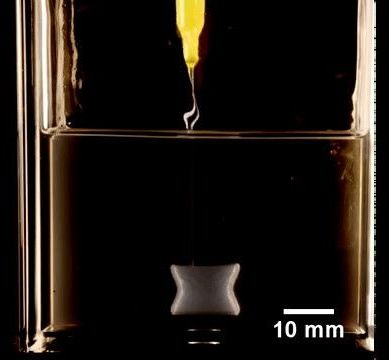
University of Florida (UF) researchers have developed a method for 3D printing soft-silicone medical implants that are stronger, quicker, less expensive, more flexible, and more comfortable than the implants currently available. That should be good news for the millions of people every year who need medical devices implanted.

May 16, 2017
Elon Musk Just Unveiled Breakthrough AI Research. Here’s What Your Need to Know
Posted by Shane Hinshaw in categories: Elon Musk, robotics/AI
Elon Musk co-founded artificial intelligence non-profit OpenAI just announced it has created an AI system that can learn to complete a task in reality after watching just one demonstration of that task in a simulated environment.
If imitation is the sincerest form of flattery, OpenAI’s newest robot system should leave humanity blushing. Not only can it successfully replicate human behaviors, it can do so after just a single demonstration of the task.
May 16, 2017
Proxima B: Our closest neighbouring exoplanet could host ‘alien life’ climate models suggest
Posted by Dan Kummer in categories: alien life, climatology, health
Exoplanet Proxima B, which was recently discovered orbiting our closest neighbouring star, may have the potential to support life, new climate simulations have revealed.
Ever since it was identified in August 2016, Proxima B, which stands 4.2 light years away from Earth and close to the Proxima Centauri star, has intrigued scientists. The tantalising prospect that the planet could be habitable has led many to undertake in-depth investigations.
Trending: Who is David Nabarro, the UK candidate to lead the World Health Organisation?
May 16, 2017
DARPA Wants Artificial Intelligence That Doesn’t Forget Everything It Knows
Posted by Dan Kummer in categories: biological, military, robotics/AI
Biological systems don’t completely freeze up when they encounter a new situation, but computers often do.
Biological organisms are pretty good at navigating life’s unpredictability, but computers are embarrassingly bad at it.
That’s the crux of a new military research program that aims to model artificially intelligent systems after the brains of living creatures. When an organism encounters a new environment or situation, it relies on past experience to help it make a decision. Current artificial intelligence technology, on the other hand, relies on extensive training on various data sets, and if it hasn’t encountered a specific situation, it can’t select a next step.
Continue reading “DARPA Wants Artificial Intelligence That Doesn’t Forget Everything It Knows” »
May 16, 2017
Radicals: Outsiders Changing the World
Posted by Zoltan Istvan in categories: biotech/medical, life extension, sex, transhumanism
I get beat up in The Guardian today a bit with a ham-fisted review. But make no mistake, the book Radicals by journalist and Immortality Bus rider Jamie Bartlett, which is coming out in a few days, is important and brilliant: https://www.theguardian.com/books/2017/may/16/radicals-outsi…ett-review #transhumanism
This thoughtful study of radical movements explores politics, sex and drugs.
May 16, 2017
Robots that Learn
Posted by Klaus Baldauf in categories: information science, robotics/AI, virtual reality
Last month, we showed an earlier version of this robot where we’d trained its vision system using domain randomization, that is, by showing it simulated objects with a variety of color, backgrounds, and textures, without the use of any real images.
Now, we’ve developed and deployed a new algorithm, one-shot imitation learning, allowing a human to communicate how to do a new task by performing it in VR. Given a single demonstration, the robot is able to solve the same task from an arbitrary starting configuration.
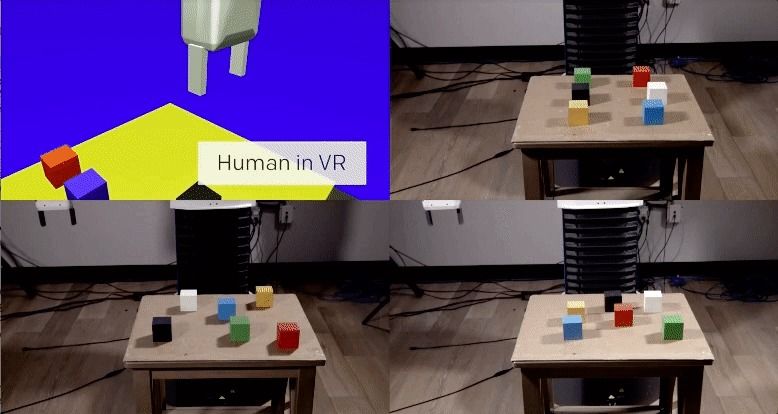 Caption: Our system can learn a behavior from a single demonstration delivered within a simulator, then reproduce that behavior in different setups in reality.
Caption: Our system can learn a behavior from a single demonstration delivered within a simulator, then reproduce that behavior in different setups in reality.
May 16, 2017
Automation will have a bigger impact on jobs in smaller cities
Posted by Klaus Baldauf in categories: employment, robotics/AI
More migration to megacities is expected in the next few decades, because they have more jobs that are resilient to automation than smaller urban areas.
May 16, 2017
Your art degree might save you from automation, an AI expert says
Posted by Julius Garcia in categories: finance, robotics/AI
When machines control all the world’s finances and run factory floors, what will humans be left to do?
We’ll make art, says Kai-Fu Lee, a former Google and Microsoft executive who has since launched VC firm Sinovation Ventures.
“Art and beauty is very hard to replicate with AI. Given AI is more objective, analytical, data driven, maybe it’s time for some of us to switch to the humanities, liberal arts, and beauty,” Lee told Quartz editor-in-chief Kevin Delaney during a live Q&A session. “Maybe professions where it’s hard to find a job might be good to study.”
Continue reading “Your art degree might save you from automation, an AI expert says” »

